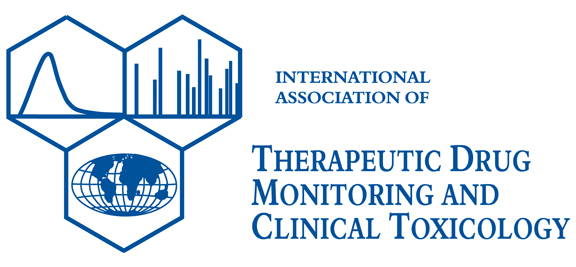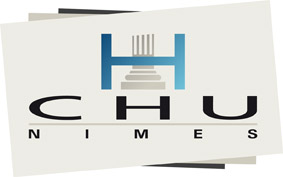Application of Microsampling for Improved Clinical Care in Infectious Diseases
Program
5.20pm AEST Improving drug analysis from a single fingerprint for medical adherence monitoring
5.50 pm AEST Microsampling - a Dutch perspective
6.20 pm AEST Repurposing benzathine penicillin G and rheumatic heart disease and syphilis using DBS
7.20 pm AEST Microsampling of antibiotics to support PK studies in paediatric patients
8.20 pm AEST Urine analysis with a smartphone to facilitate TDM in a remote setting
Ms Prakruti Rao, UVA Health, Virginia, United States of America
8.50 pm AEST Questions and Answers
9.20 pm AEST Close
This microsampling seminar is co-organised by The University of Queensland CRE RESPOND, the International Association of Therapeutic Drug Monitoring and Clinical Toxicology, and the Nîmes University Hospital Center.


Venue
Herston QLD 4029
